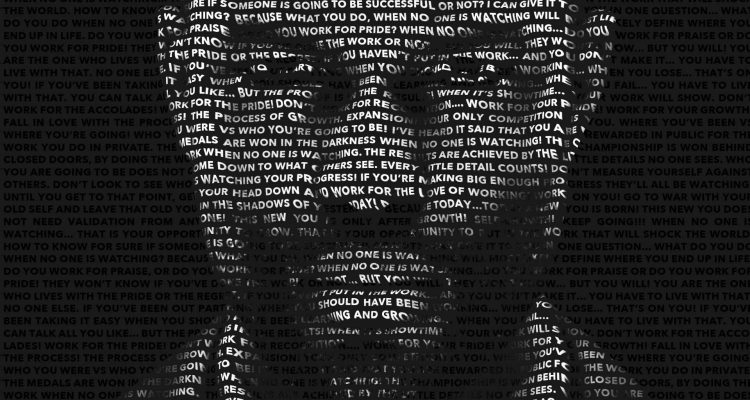Hadees about dishonesty in workplace
While the concept of dishonesty in the workplace may not be explicitly addressed in traditional Islamic hadith literature, there are several hadiths that emphasize the importance of honesty, integrity, and fairness in general. Muslims are encouraged to uphold these values in all aspects of their lives, including their professional endeavors. Here is a hadith that highlights the significance of honesty:
Narrated by Abu Huraira (may Allah be pleased with him), the Prophet Muhammad (peace be upon him) said: “Whoever does not give up forged speech and evil actions, Allah is not in need of his leaving his food and drink (i.e., Allah will not accept his fasting.)” (Sahih Bukhari)
This hadith emphasizes that true fasting goes beyond abstaining from food and drink; it requires refraining from dishonest and harmful behavior as well. In the context of the workplace, this would include avoiding forged speech, deceit, and any form of unethical conduct.
Additionally, there are numerous verses in the Quran that emphasize honesty, truthfulness, and fairness in dealings with others. Muslims are encouraged to conduct themselves with integrity and to avoid dishonest practices in all aspects of their lives.









